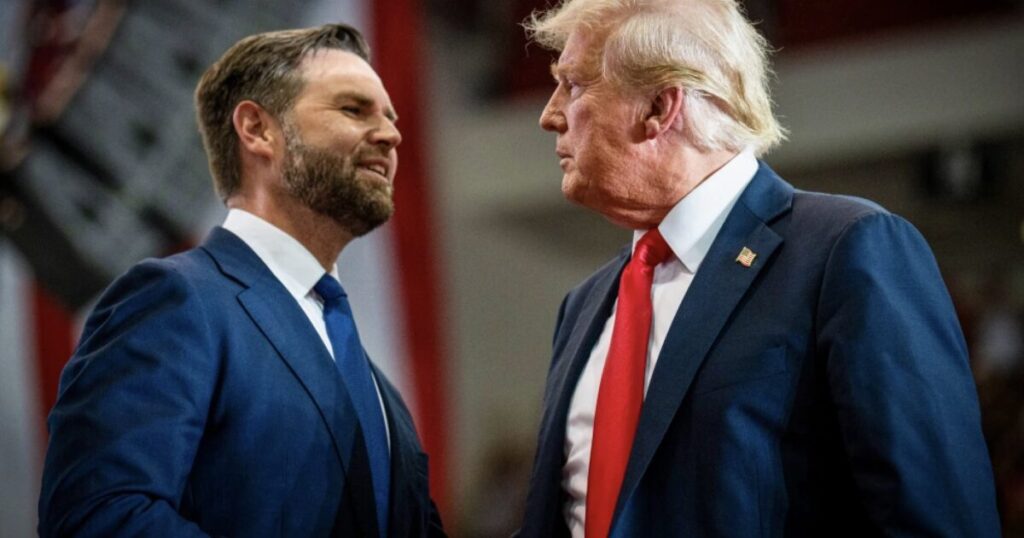On October 22, 2024, the U.S. Intelligence Community’s Foreign Malign Influence Center convened a briefing led by the Inter-Agency Task Force on Foreign Interference in American elections. High-ranking representatives from the Office of the Director of National Intelligence (ODNI), Federal Bureau of Investigation (FBI), Department of Homeland Security, and even the U.S. Coast Guard attended. The briefing highlighted the persistent threats posed by foreign actors, particularly Russia, Iran, and China, who aim to sow discord among Americans and erode confidence in the democratic system. The statement emphasized an expected intensification of foreign influence efforts through social media platforms, with the potential for AI-generated content to amplify these activities as Election Day approaches.
The ODNI team classified foreign threats into pre-election social media activities and post-election attempts to incite discord. Notably lacking from their report was any warning that foreign entities intended to compromise the election administration process. The team confidently asserted that they had no data indicating such intentions and suggested that even if foreign actors attempted interference, their efforts would likely be too insubstantial to affect the election outcome undetected. However, this assertion quickly unraveled when news broke that Chinese hackers had infiltrated U.S. telecommunications networks, targeting the phones of prominent political figures, including former President Trump. This incident urged observers to reconsider the integrity of current election infrastructure and cast doubt on the efficacy of the Intelligence Community’s (IC) monitoring capabilities.
The subsequent domestic discourse revealed a skewed emphasis on Russian interference, with 90% of inquiries during the October 22 briefing focusing on Russia alone. This disproportionate attention stands out amid growing evidence of China’s robust influence operations, which far outpace those of Russia. For every dollar Russia spends on influence endeavors, Iran invests three dollars, and China allocates a staggering twenty dollars. Critics argue that the IC’s fixation on Russia has derailed its capacity to genuinely assess the broader threats posed by both Iran and China, effectively neglecting the more significant geopolitical landscape. The principle of finding threats hinges on prioritization, and the apparent bias toward Russian-related intelligence gathering could hinder identifications of serious risks posed by China and Iran.
In exploring the relationship between Iran and China, the briefing revealed Iran’s role as a cyber actor in alignment with Chinese interests, as well as its ambitions to deploy assassins targeting individuals like Trump. The intelligence report’s failure to recognize China’s potential direct interference in American elections brought frustration from analysts seeking a cohesive understanding of the complex geopolitical dynamics. The ODNI’s reassurances that there had been no detected collaboration between foreign entities belied the evident partnership between Russia and China, casting doubt on the accuracy of their assessments. Critics argued that if the IC continues to neglect these alliances due to political directives, future interference may go undetected.
As discussions evolve post-briefing, calls for accountability and restructuring within the IC have gained traction, specifically highlighting the need for a reordering of the intelligence collection priorities. Proposals emerged to place threats from China and Iran above those from Russia, indicating a shift in focus that many feel is necessary to safeguard U.S. sovereignty. Among these proposed actions is an overhaul of the Department of Justice to address perceived lapses regarding voting rights enforcement, particularly the enforcement of laws that bar foreign citizens from participating in elections. This ongoing narrative underscores the need for renewed vigilance over election integrity.
Legislators and officials are increasingly expressing outrage over the apparent complacency among intelligence officials. Figures like Virginia’s Lieutenant Governor Winsome Sears voiced their discontent regarding the government’s failure to actively combat foreign meddling, insisting on comprehensive accountability for any inaction that may undermine electoral security. The ODNI has been called upon to reconcile its assessments with the realities of rising foreign threats, particularly in light of the assassination plots linked to Iranian proxies—an acknowledgment that even as portions of the intelligence community remain fixated on Russia, larger players like China and Iran may continue mounting critical threats without proper scrutiny.
In conclusion, the events surrounding the October 22 briefing serve as a pivotal moment for the U.S. Intelligence Community as calls amplify for a recalibrated focus on the multifaceted nature of foreign influence operations. Amid escalating threats from state actors like China and Iran, the IC faces pressure to demonstrate transparency, accountability, and a proactive stance in safeguarding the electoral process. As the political landscape shifts toward the upcoming elections, the imperative to recognize and grapple with the complex, interwoven threats posed by these nations may dictate the operational strategies of the intelligence community in the years to come.

